Infant.ID system can effectively address child swaps, trafficking: Integrated Biometrics
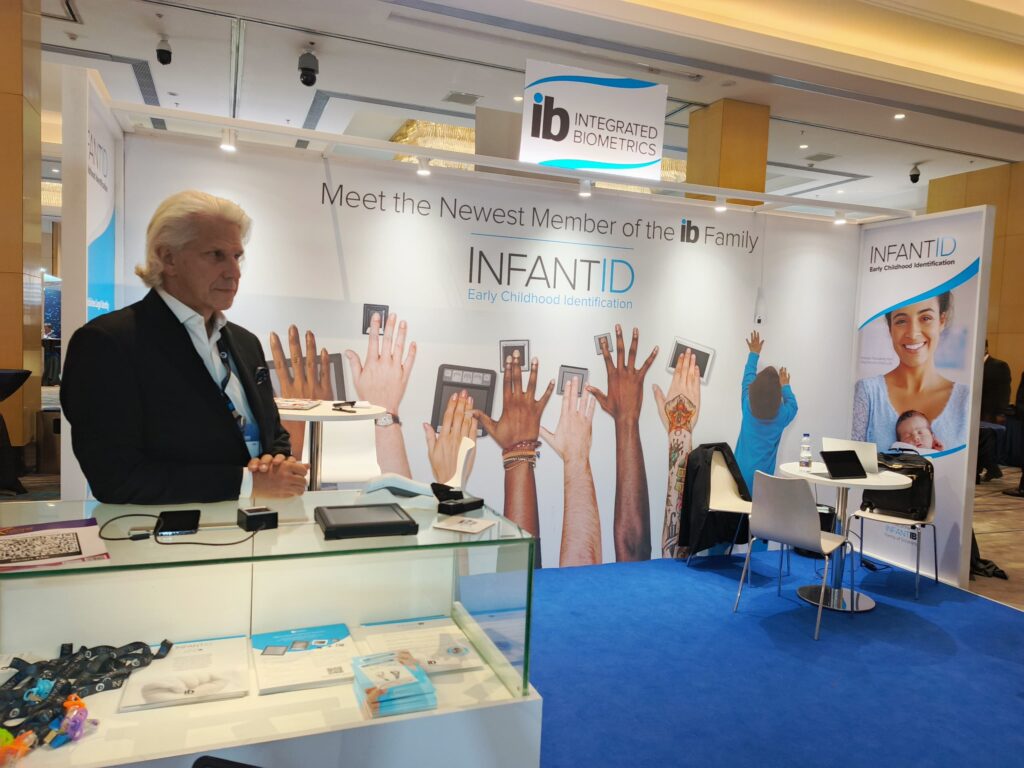
Integrated Biometrics (IB) is a regular exhibitor at ID4Africa AGMs, but this year, the U.S. biometrics firm showcased its first commercially available fingerprint capture device capable of recording a newborn’s fingerprint from the moment they are born.
IB Executive Vice President (EVP), David Gerulski, told Biometric Update in an interview during this year’s event in Ethiopia that the innovative Infant.ID system can be effective in addressing several critical identity, healthcare, and security challenges around the world.
The Infant.ID platform features fingerprint scanners developed by Akiyama, which together with an SDK make up Integrated Biometrics’ “InfantIB.” IB holds the license for Infant.ID outside of Brazil.
Gerulski said the system is the go-to solution for addressing problems like child swaps in hospitals or child trafficking across borders.
“This system allows countries and hospitals to link a child to their mother using their fingerprints. We can now guarantee that when a baby leaves the hospital the next day, they are going home with the correct parent,” Gerulski said.
“We’re also the first company able to perform a one-to-many fingerprint match from birth up to 12 months of age. This means we can confirm that a one-year-old child is the same individual born on a specific day and time. That’s the current capability of our technology,” he added.
Gerulski disclosed that as they continue to develop the technology, their idea is to extend this matching capability beyond the infancy stage. “It’s a challenge because a baby’s fingerprint changes as they grow, but we’ve achieved very high match rates from birth to one year. We’re conducting global studies in partnership with multiple universities to explore how far we can extend this technology.”
Apart from Brazil where the system has been integrated with the country’s national digital ID program, and there are plans for a nationwide deployment, Gerulski said efforts are also afoot to get the technology deployed in many other parts of the world.
Immutable Evidence of Origin
According to Gerulski, the Infant.ID system aligns with an advocacy which the Executive Chairman of ID4Africa, Dr Joseph Atick, has championed for several years, dubbed the Immutable Evidence of Origin (IEO). This is a verified record of who a person is, where, and when they were born.
“Most national ID programs don’t begin collecting fingerprints until a person is around 16 or 18. By then, you don’t truly know where that person was born. They could claim any country as their birthplace and provide whatever name they choose,” he said.
“But when you capture a newborn’s fingerprints, you record exactly when, where, and in what country that person was born. This fulfils a long-standing need that Dr. Atick has spoken about for years.”
Integrated Biometrics Vice President for Strategic Accounts, Eleanor R. Benson, added: “Babies can be accidentally swapped, not intentionally, but due to human error. With our system, a baby is registered to their mother, and that match can be verified when they leave the hospital, ensuring the correct baby goes home with the correct parent.”
“This also applies to healthcare and vaccination records, especially in refugee camps. It allows for accurate tracking and the creation of a medical history for the child. So, the applications are both civil and healthcare-related.”
Gerulski mentioned a case in Peru a few months back. It was the scenario of a baby that was swapped at birth, and six years later, the mistake was discovered and the children had to be exchanged after growing up with different mothers.
“That incident could have been prevented with our technology. People are really embracing this innovation. I believe this is one of the most significant advancements in identity management in years. We’re solving a problem that’s long been unsolved.”
On Monday this week, the Government of Paraná in Brazil announced that Infant.ID technology is anchoring the newly announced Bebê ID project, where the government will guarantee neonatal biometrics for all babies born in local maternity hospitals.
Need for speed in removing barriers to birth registration, ID integration in Africa
Article Topics
biometrics | birth registration | civil registration | digital ID | ID4Africa 2025 | infant biometrics | Infant.ID | Integrated Biometrics
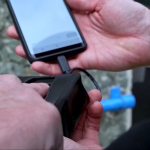
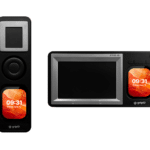
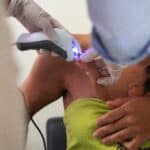
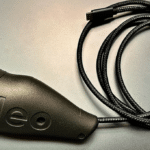
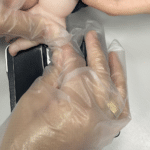
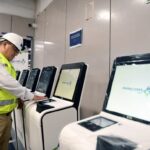

Comments